Pre-nursery serves as the stepping stone to formal education. It lays the foundation for a child’s social, emotional, physical, and intellectual growth.
At this stage, a child observes, explores and understands several aspects of life that shape their personality. Here is a detailed breakdown of how pre-nursery prepares children for formal schooling.
Developing a Routine
For many children, pre-nursery is their first exposure to a structured routine. Regular schedules, including time for meals, naps, play, and learning activities, help children understand the concept of time management.
This routine prepares them for the fixed timetable of formal schooling. Children who follow a predictable schedule feel secure and can better concentrate on their activities. The discipline they acquire in pre-nursery forms a strong foundation for the structured demands of higher education.
Enhancing Cognitive Development
Pre-nursery plays a significant role in enhancing cognitive development. Activities like puzzles, sorting games, and counting exercises help children develop critical thinking and problem-solving skills. Exposure to numbers, letters, and shapes in a playful manner builds their early literacy and numeracy skills.
Storytime sessions encourage listening and comprehension, while arts and crafts activities stimulate creativity. These experiences not only make learning enjoyable but also nurture the intellectual growth required for formal schooling.
Improving Language Skills
Language development is a major focus in pre-nursery. At this stage, children are introduced to new words, phrases, and simple sentences. Teachers use songs, rhymes, and stories to expand vocabulary and improve verbal expression.
Participating in conversations during group activities encourages children to express their thoughts and feelings. These language skills help them communicate effectively in formal school settings, enabling them to ask questions, share ideas, and build connections with teachers and peers.
Fostering a Love for Learning
One of the most important outcomes of pre-nursery is fostering a love for learning. By introducing concepts engagingly and in an enjoyable manner, pre-nursery teachers create positive associations with education.
Through hands-on activities, storytelling, and creative play, children learn that education can be fun and exciting. This enthusiasm for learning often stays with them as they progress through their academic journey.
Encouraging Emotional Development
Pre-nursery provides a safe and nurturing environment where children can explore their emotions. It is normal for children to feel shy, anxious, or overwhelmed when they step out of their home for the first time. Teachers in pre-nursery help children navigate these emotions by providing comfort and reassurance.
Gradually, children learn to manage their feelings, build self-confidence, and develop a sense of independence. Emotional resilience is essential for adapting to the challenges of formal schooling, such as making new friends, coping with homework, and following rules.
Promoting Physical Development
The activities in pre-nursery are designed to support physical development. Gross motor skills are enhanced through activities like running, jumping, and climbing, while fine motor skills are developed through tasks like colouring, cutting, and threading beads.
These activities not only improve coordination and dexterity but also prepare children for tasks they will encounter in formal schooling, such as writing and using classroom tools.
Teaching Basic Life Skills
Pre-nursery also helps children develop basic life skills that are essential for independence. Simple tasks like washing hands, tidying up after play, and following instructions teach children responsibility and self-reliance.
These skills empower children to take care of themselves and adapt more easily to the formal school environment. Knowing how to handle small responsibilities gives them confidence and prepares them for bigger challenges.
Preparing Parents for the Transition
While pre-nursery is primarily focused on children, it also prepares parents for the transition to formal schooling. Regular communication with teachers gives parents insights into their child’s progress and areas for improvement.
Workshops and meetings help parents understand the importance of their role in supporting their child’s education. By working together with educators, parents can ensure a smooth transition to the next stage of learning.
The Role of Teachers in Pre-Nursery
Teachers in pre-nursery play a pivotal role in shaping a child’s early educational experiences. They are not only educators but also caregivers who provide emotional support and encouragement.
Through their guidance, children learn to explore, question, and experiment. Pre-nursery teachers create a positive learning environment that nurtures curiosity and builds a strong foundation for lifelong learning.
Why Pre-Nursery Matters?
The experiences children have in pre-nursery leave a lasting impact on their development. The skills they acquire during this time form the basis for academic success and personal growth.
By attending pre-nursery, children enter formal schooling with confidence, a sense of curiosity, and a readiness to embrace new challenges. This early preparation ensures that they are academically equipped and emotionally and socially prepared for the journey ahead.
Conclusion
Pre-nursery is the first step in a child’s educational journey, laying the groundwork for success in formal schooling. It nurtures essential skills, fosters a love for learning, and builds confidence.
For parents seeking a nurturing environment that focuses on holistic development, Mothers Pet Kindergarten (MPK) is an excellent choice. With its child-centred approach and emphasis on learning through play, MPK prepares children for the future while making their early education journey enjoyable and enriching.

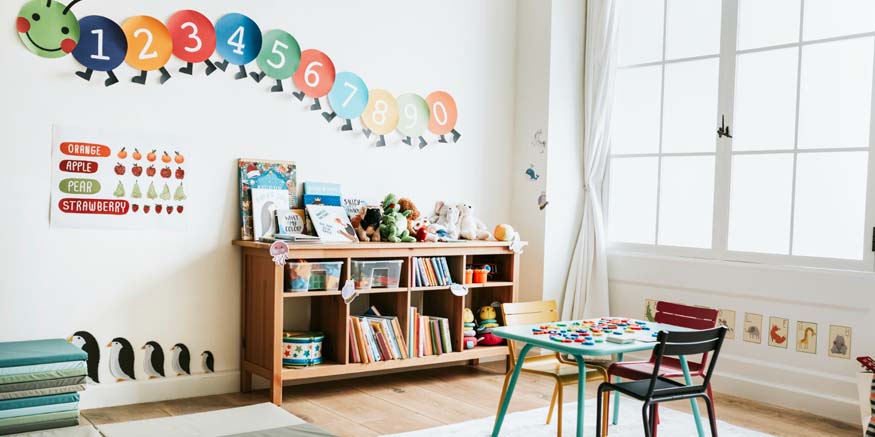


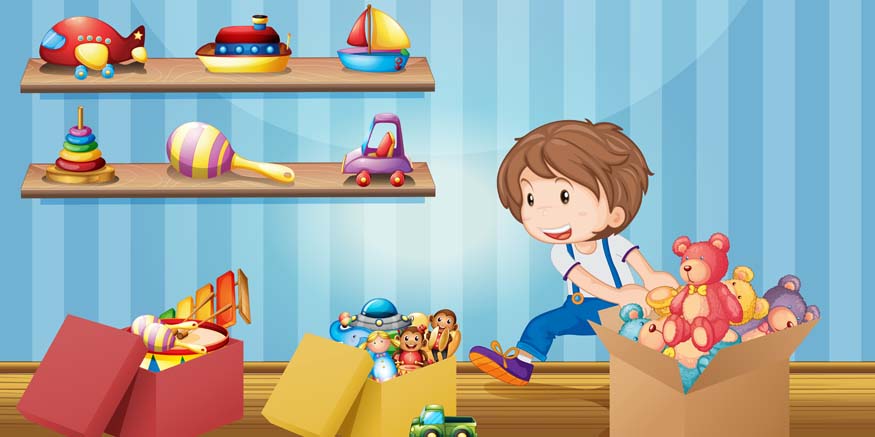
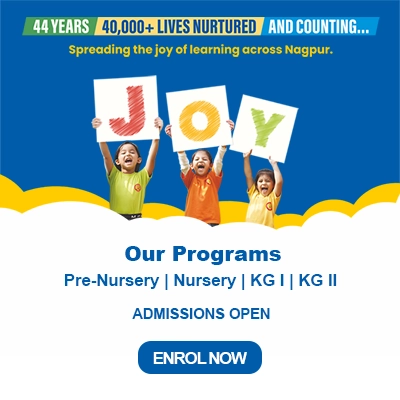

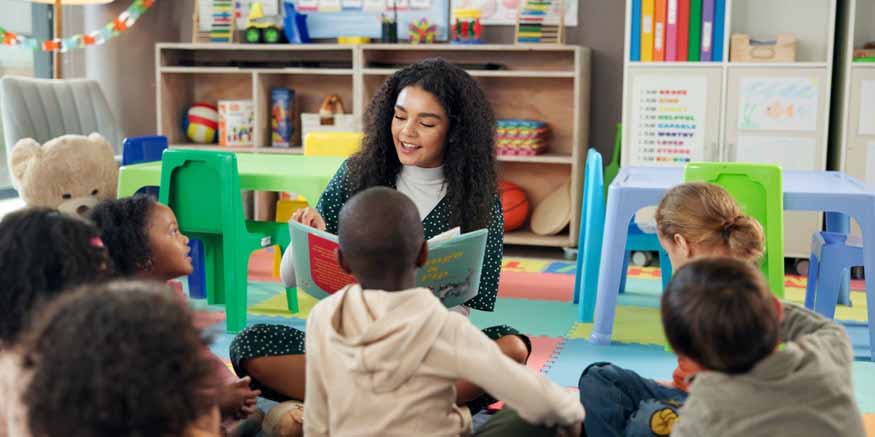

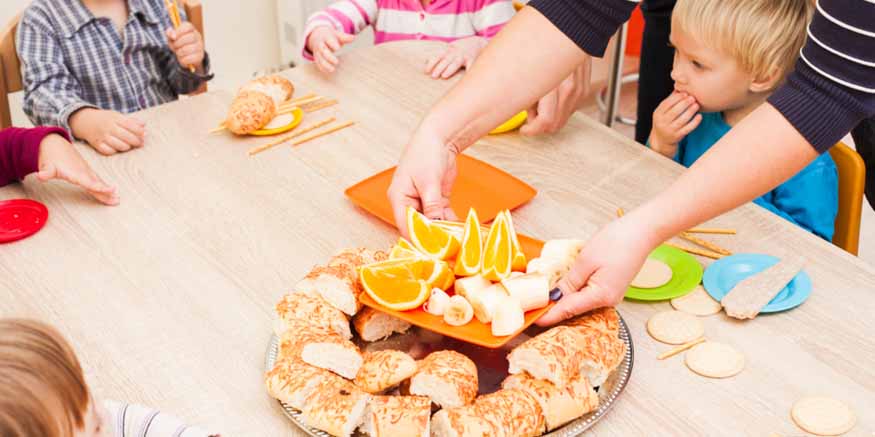
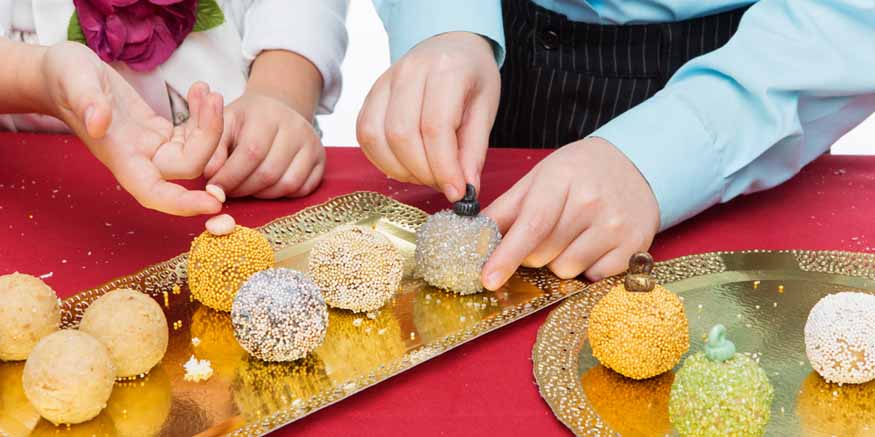
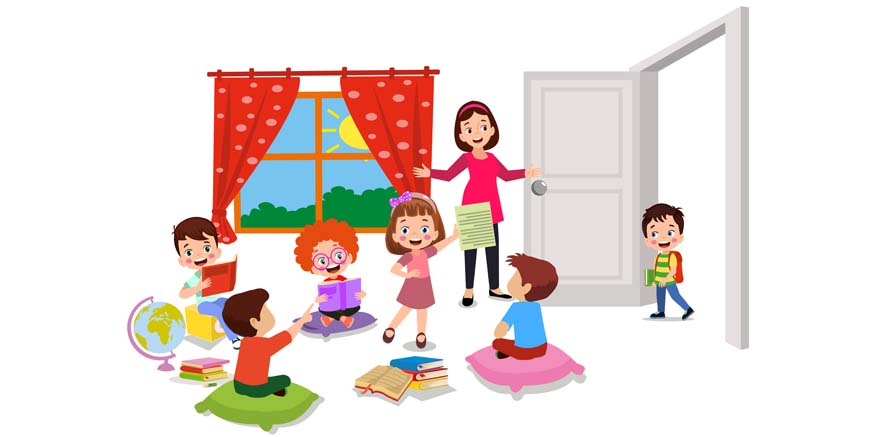

Recent Comments